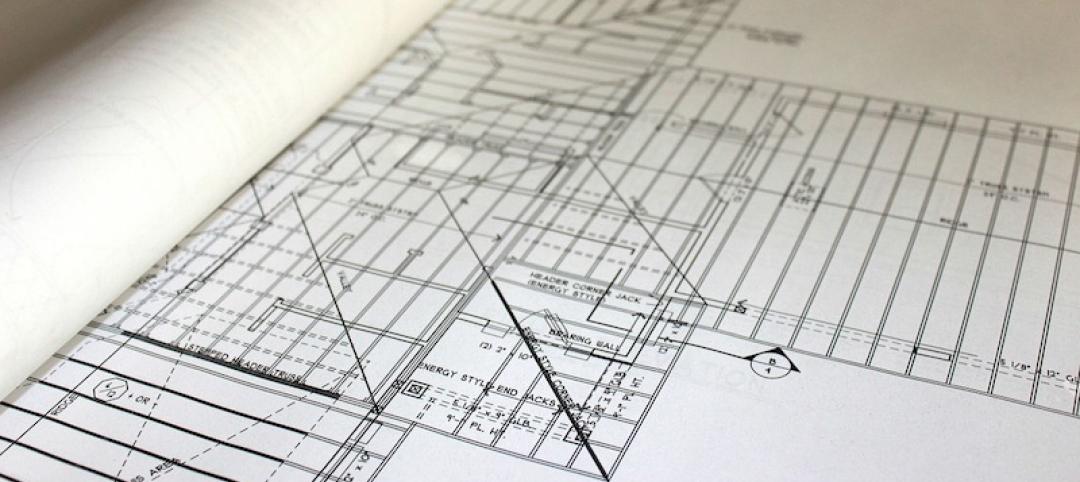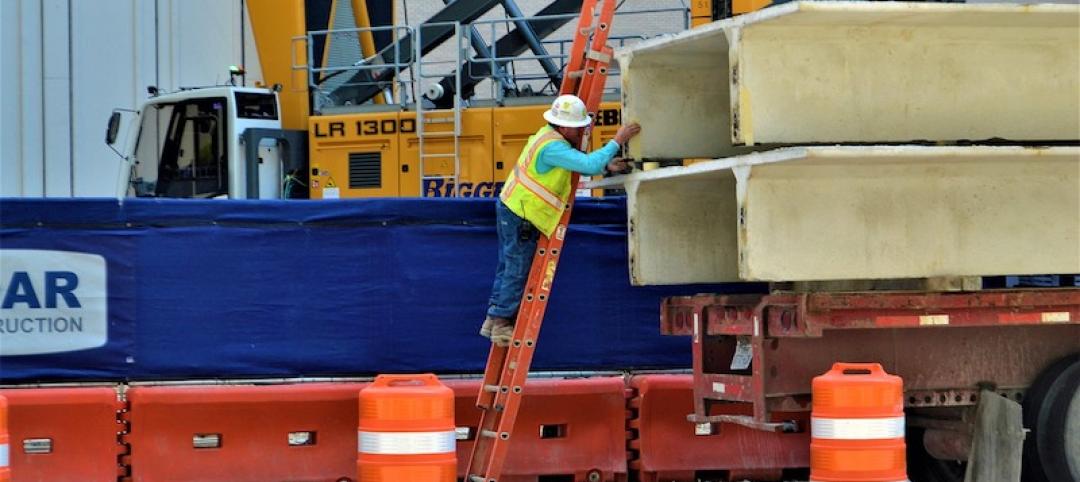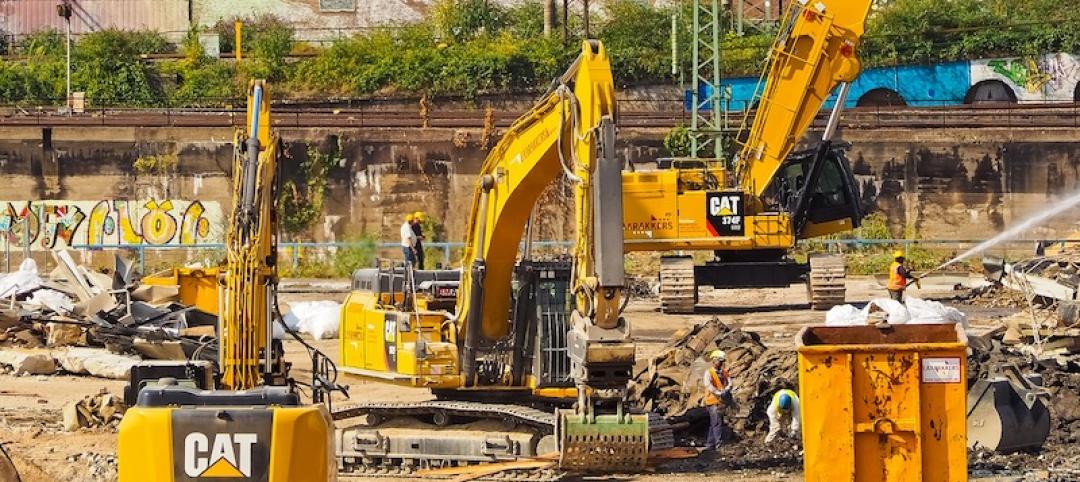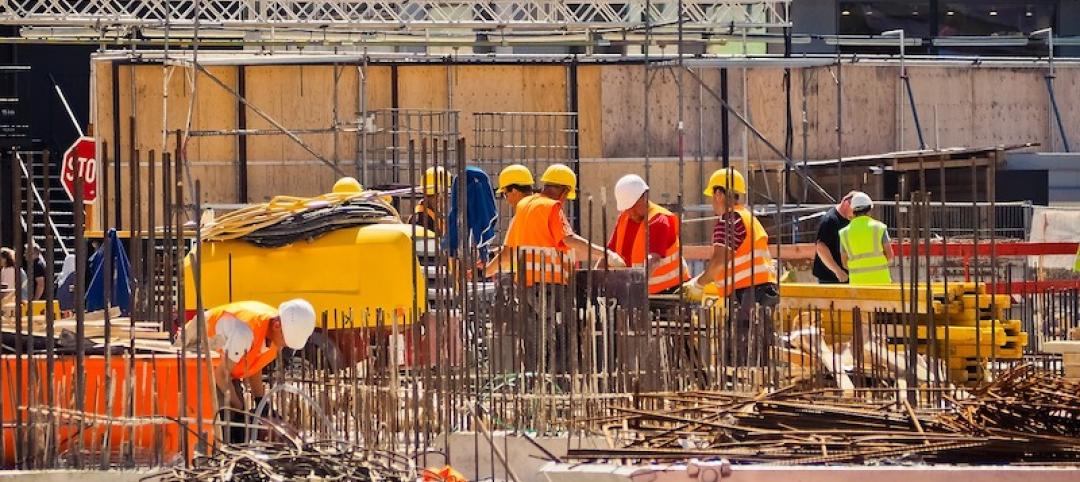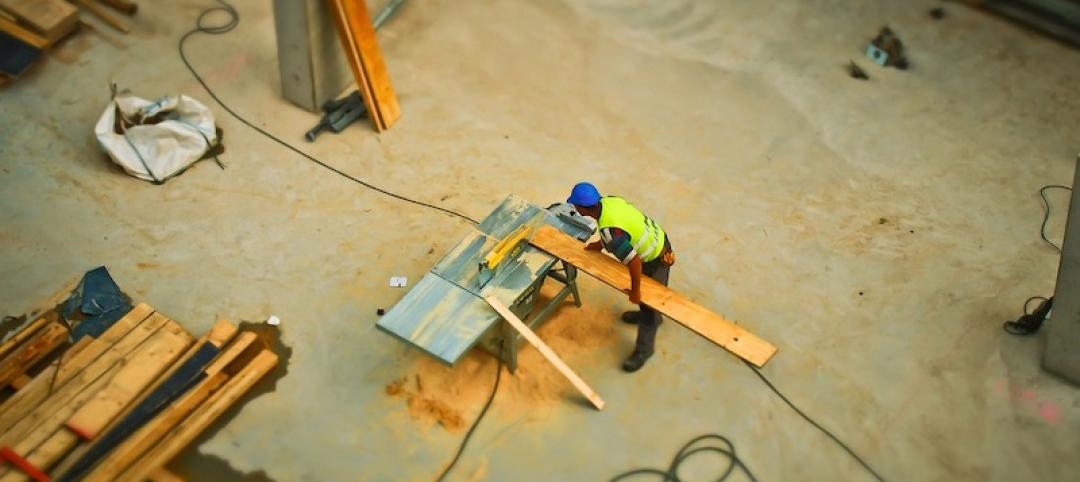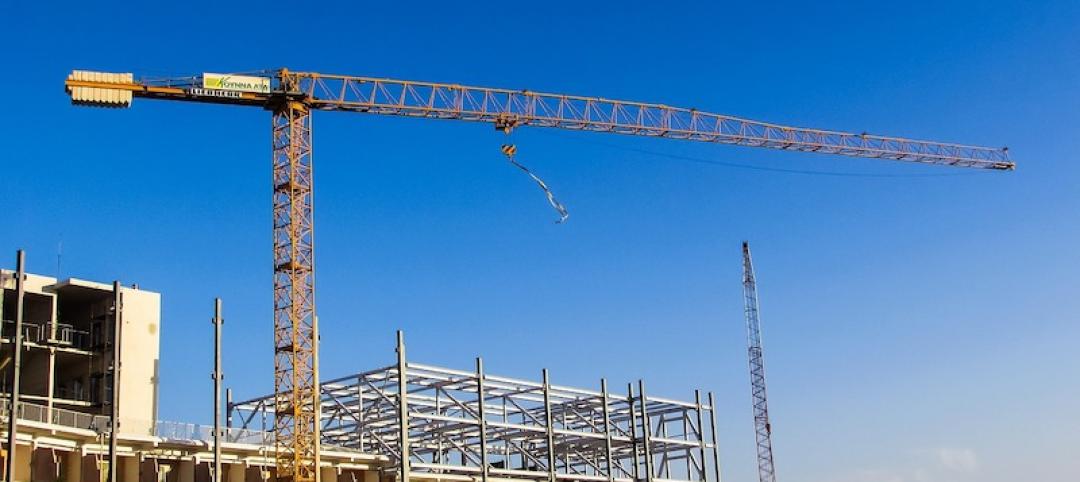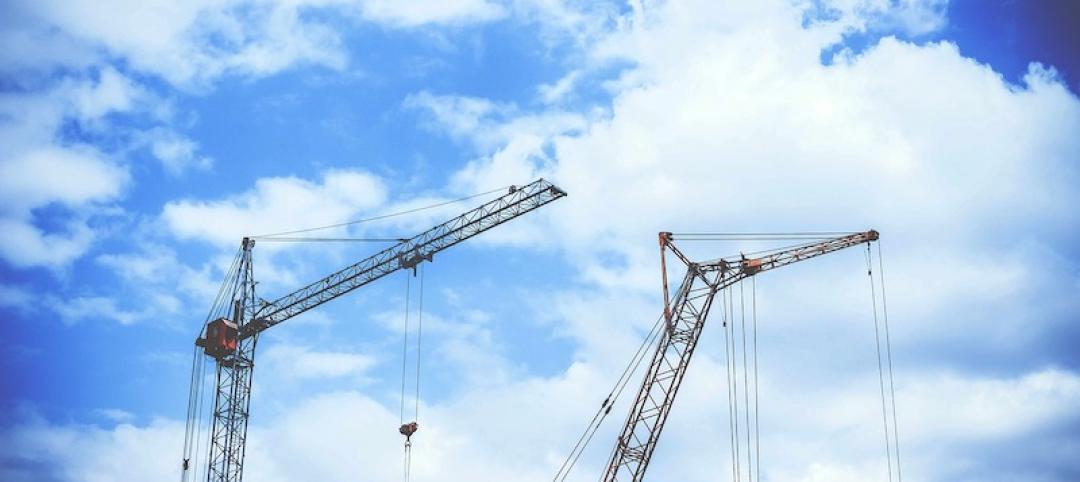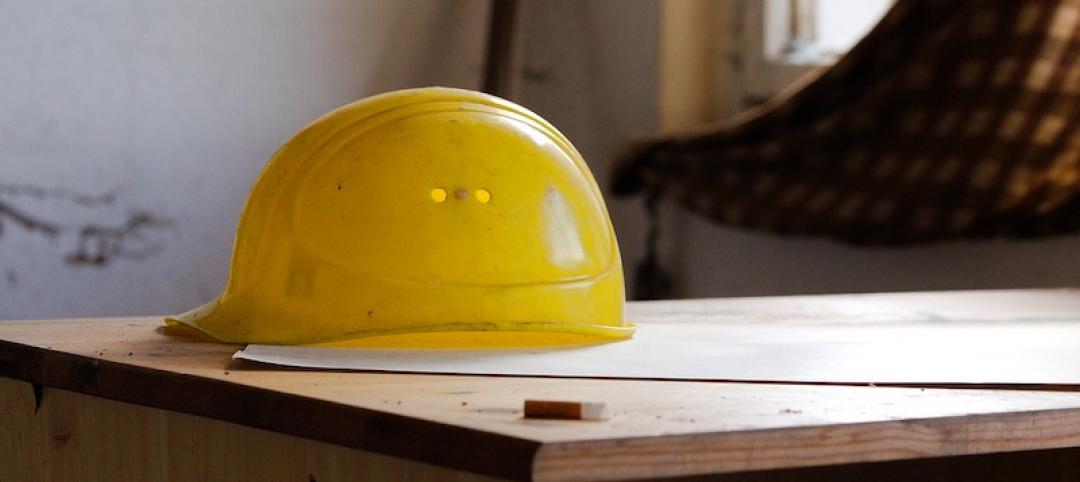Construction employment increased by 27,000 jobs in November, as continuing robust gains in residential categories masked more sluggish increases in nonresidential jobs, according to an analysis by the Associated General Contractors of America of government data released today. Association officials cautioned, however, that pandemic-induced project cancellations and looming tax bills for firms that used Paycheck Protection Program loans to save jobs threaten to undermine future job growth in the sector.
“The construction industry recovered a bit in November, but the future is far from certain for the industry,” said Ken Simonson, the association’s chief economist. “The nonresidential building and infrastructure segments are likely to shed jobs again amid an increase in coronavirus case counts unless Congress acts quickly to provide needed relief.”
Construction employment climbed to 7,360,000 in November, an increase of 0.4% compared to October. However, employment in the sector remains down by 279,000 or 3.7% since the most recent peak in February. The pandemic initially triggered widespread project cancellations and interruptions that resulted in the loss of 1.1 million construction jobs in March and April.
The disparity between residential and nonresidential construction widened in November, Simonson noted. Residential building and specialty trade contractors added 15,4000 jobs in November and have now recouped 96% of the employment losses they incurred in March and April. In contrast, nonresidential construction employment—comprising nonresidential building, specialty trades, and heavy and civil engineering construction—increased by only 11,900 jobs in November and has recovered only 56% of the jobs lost in March and April.
The industry’s unemployment rate in November was 7.3%, compared to 4.4% in November 2019. A total of 732,000 former construction workers were unemployed, up from 428,000 a year earlier and the highest November total since 2012.
Association officials warned that more projects are likely to be canceled amid a new surge in the pandemic. In addition, firms that used Paycheck Protection Program loans to save jobs face an unexpected tax hit because the Trump administration is defying Congressional intent and opting to tax forgiven loans as income. Without tax relief and other needed recovery measures, the officials warned that November’s modest job gains are likely to be fleeting.
“The Trump administration is seeking to undermine the benefits of the Paycheck Protection Program by rewarding firms that saved jobs with a massive tax increase,” said Stephen E. Sandherr, the association’s chief executive officer. “These new taxes, coming on top of greater market uncertainty as coronavirus cases surge, will make it hard for many construction firms to retain current workers, not to mention add new ones.”
Related Stories
Market Data | Mar 24, 2021
Architecture billings climb into positive territory after a year of monthly declines
AIA’s ABI score for February was 53.3 compared to 44.9 in January.
Market Data | Mar 22, 2021
Construction employment slips in 225 metros from January 2020 to January 2021
Rampant cancellations augur further declines ahead.
Market Data | Mar 18, 2021
Commercial Construction Contractors’ Outlook lifts on rising revenue expectations
Concerns about finding skilled workers, material costs, and steel tariffs linger.
Market Data | Mar 16, 2021
Construction employment in January lags pre-pandemic mark in 42 states
Canceled projects, supply-chain woes threaten future jobs.
Market Data | Mar 15, 2021
Rising materials prices and supply chain disruptions are hurting many construction firms
The same firms are already struggling to cope with pandemic impacts.
Market Data | Mar 11, 2021
Soaring materials costs, supply-chain problems, and project cancellations continue to impact construction industry
Costs and delayed deliveries of materials, parts, and supplies are vexing many contractors.
Market Data | Mar 8, 2021
Construction employment declines by 61,000 in February
Association officials urge congress and Biden administration to focus on new infrastructure funding.
Market Data | Mar 2, 2021
Construction spending rises in January as private nonresidential sector stages rare gain
Private nonresidential market shrinks 10% since January 2020 with declines in all 11 segments.
Market Data | Feb 24, 2021
2021 won’t be a growth year for construction spending, says latest JLL forecast
Predicts second-half improvement toward normalization next year.
Market Data | Feb 23, 2021
Architectural billings continue to contract in 2021
AIA’s Architecture Billings Index (ABI) score for January was 44.9 compared to 42.3 in December.



